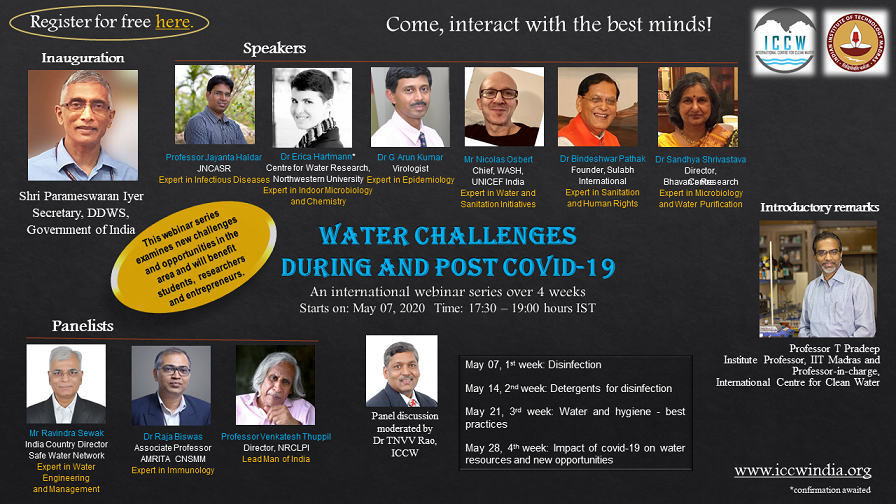A content bank on coronavirus
The COVID-19 pandemic is seeing overwhelming response from grassroots organisations, donors, multilateral agencies. As a part of its humanitarian response, Arghyam reached out to several organisations working on the ground to understand their most urgent needs and we realised that along with relief material the one thing that was glaringly absent was the right information to disseminate in appropriate regional languages/ dialects.
A rapid assessment and conversations with other organisations led us to a rich set of material already created by other organisations. The Content Bank is a collation of context-relevant COVID-19 resources produced by several organizations in more than 20 Indian languages. Scroll down below the table for help on how to use it.
This content bank is also available in Hindi
Using this table:
- Select a preferred language by clicking on filter, “Add Filter”
- Pick “Language” and pick a language for the available list
- (Click on filter button for the pop up box to disappear)
- You can add another filter along with it or replace the existing filter
- You can also use group by and sort similarly
We sincerely thank all the organizations that have contributed content to the Content Bank. The source for each content has been provided - please ensure that they get credit when using the content. As indicated earlier, we are merely collating the content. If you have any feedback or comments on the content please write to us at contact@indiawaterportal.org and we will try and ensure these are shared with the content creators as well.
While we have tried to take adequate care to collate the content, we do not vouch for the content and the responsibility and ownership of the content lies with the Organisation which created it. So please ensure providing credit to the Organisation when using the content. If you think that the content has been added by mistake or that any content piece is outdated, factually incorrect or if you have any other concerns, please email us and we shall do the needful.
Did you use the content bank? Loved it? Or confused? Tell us. We would love to hear from you!
Produced by: Sreechand Tavva
With support from Rakhi Mathai and Srinivasa BK
/topics/coronavirus















